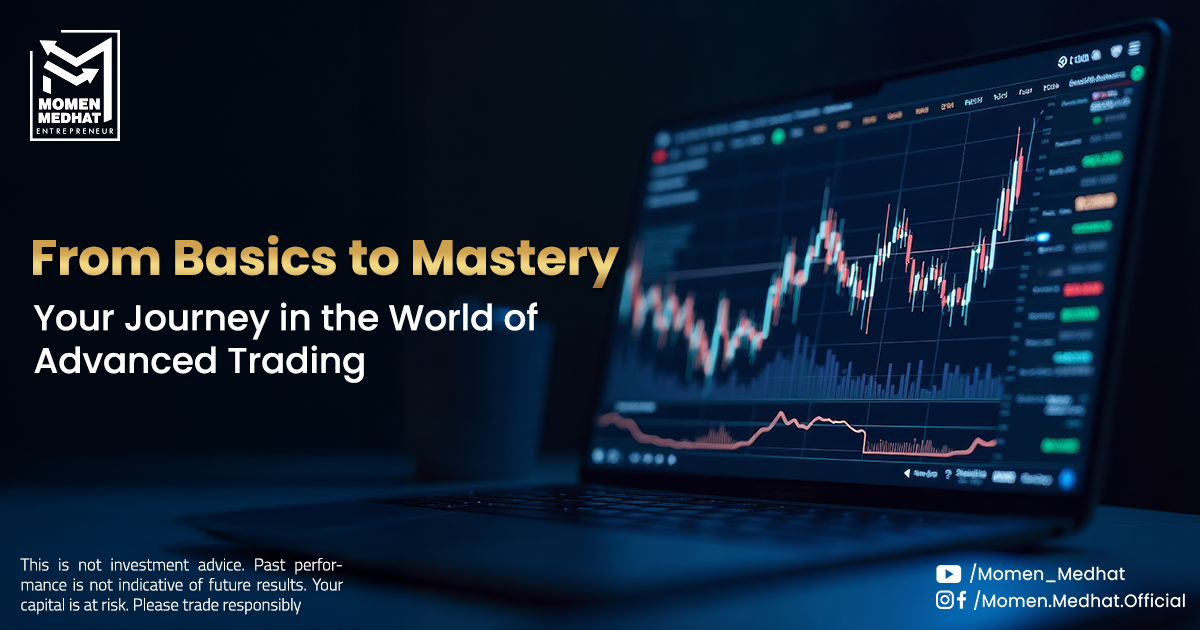
After this comprehensive journey through the most precise trading strategies and market analysis techniques, you’ve built a solid foundation that qualifies you to move from a beginner to a professional trader. We’ve explored a wide range of specialized knowledge — from risk management fundamentals to advanced trading strategies using the Advanced Volume Profile indicator, as well as the secrets of both fundamental and technical analysis.
Strong Foundations: We began by developing a solid base in risk management and trading psychology.
Advanced Tools: We mastered technical tools like the Volume Profile and Japanese candlesticks.
Integrated Strategies: We built hybrid systems combining fundamental and technical analysis.
Professional Platforms: We explored the advanced capabilities of MetaTrader for automated trading and deep analysis.
Knowledge alone doesn’t make a successful trader. True mastery comes from:
Consistent practical application
Strict discipline
Continuous strategy refinement
Emotional control and resilience
Rewrite all the lessons and articles into your personal trading manual.
Choose three main strategies that match your trading style.
Create a quick pre-trade checklist to follow before each session.
Start with an advanced demo account ($50,000 balance).
Test each strategy for three weeks and record your outcomes.
Use performance reports to analyze and refine your system.
Focus on one currency pair or asset to specialize in.
Develop a custom early-warning system for that asset.
Build connections with other traders in the same market niche.
Move to live trading with a risk limit of 1% per trade.
Dedicate five hours weekly to review and strategy improvement.
Subscribe to professional data sources like Bloomberg or Reuters.
Weeks 1–2: Building Your Personal Trading System
Combine two strategies from the lessons into one cohesive system.
Define clear entry and exit criteria.
Configure your risk management parameters.
Weeks 3–4: Stress Testing
Apply your system under three different market conditions.
Evaluate how it performs during high volatility.
Measure win rate and risk/reward ratio.
End of Month: Full Review
Analyze 100 simulated trades.
Adjust your system based on performance data.
Identify strengths and weaknesses clearly.
Don’t rush into live trading before mastering your system.
Avoid changing strategies during live sessions.
Remember: Capital preservation is more important than fast profits.
Success in trading is not a destination — it’s a continuous journey of learning and adaptation. You now have the roadmap, tools, and knowledge to begin your transformation.
“Knowledge without application is like a tree without fruit,
and application without knowledge is like a ship without a rudder.”
Start your practical journey today — and let your motto be:
Precise execution. Continuous growth.